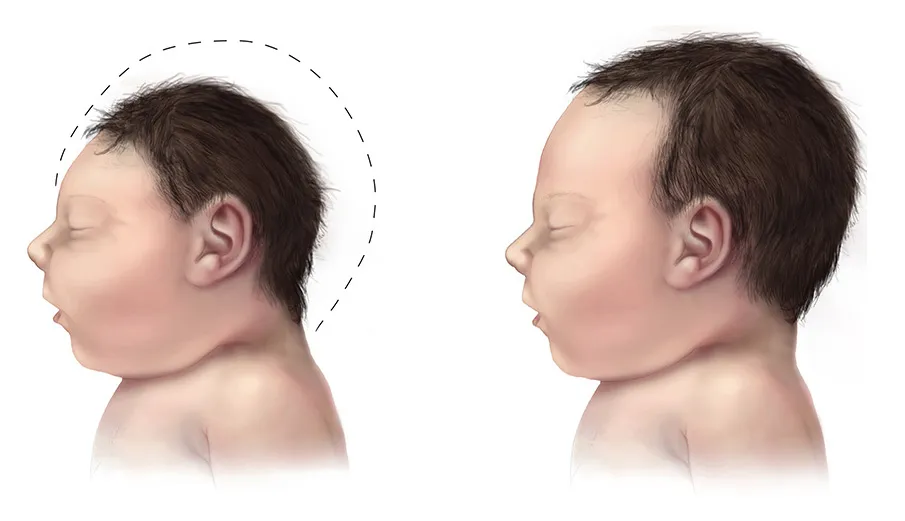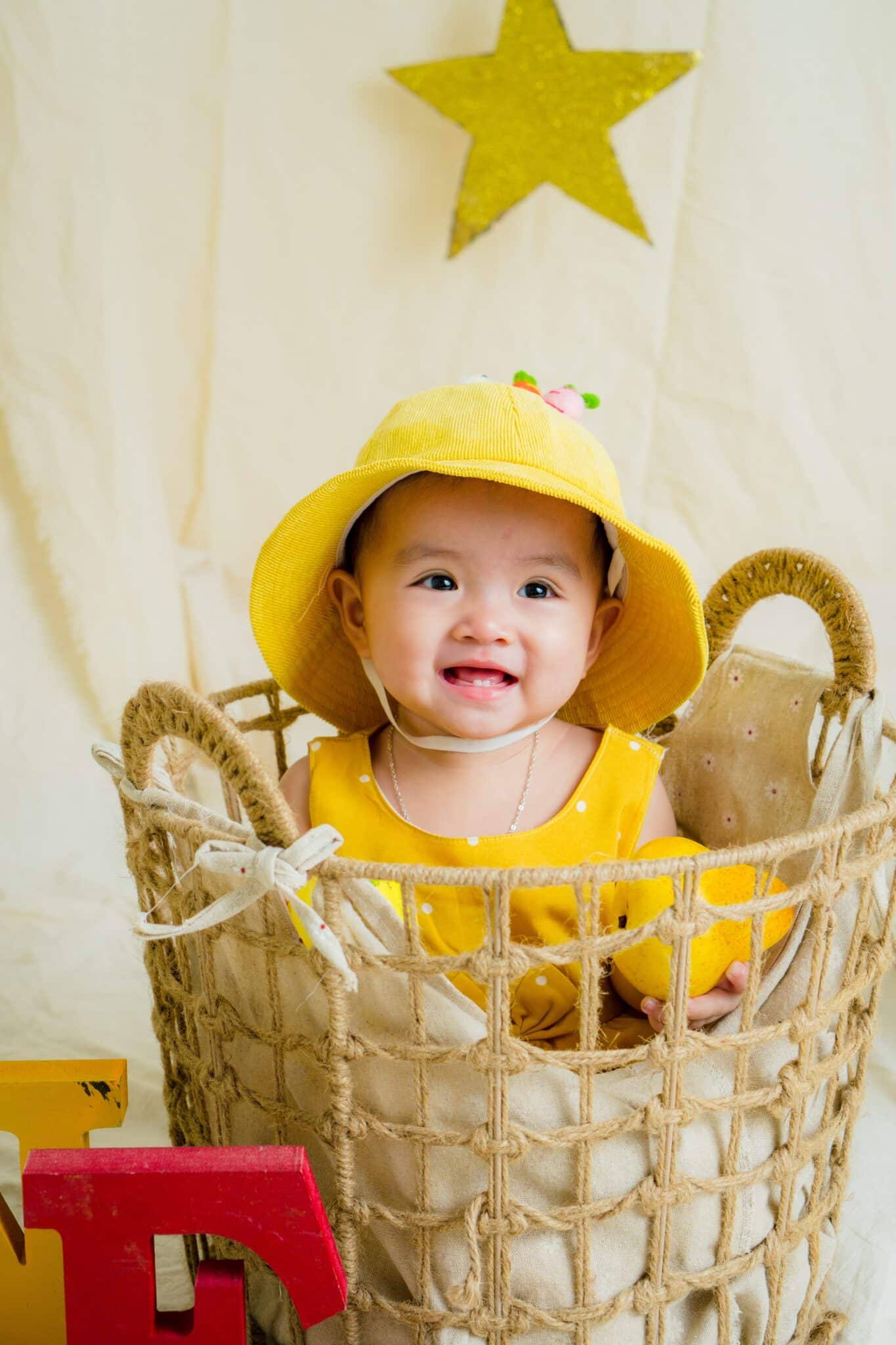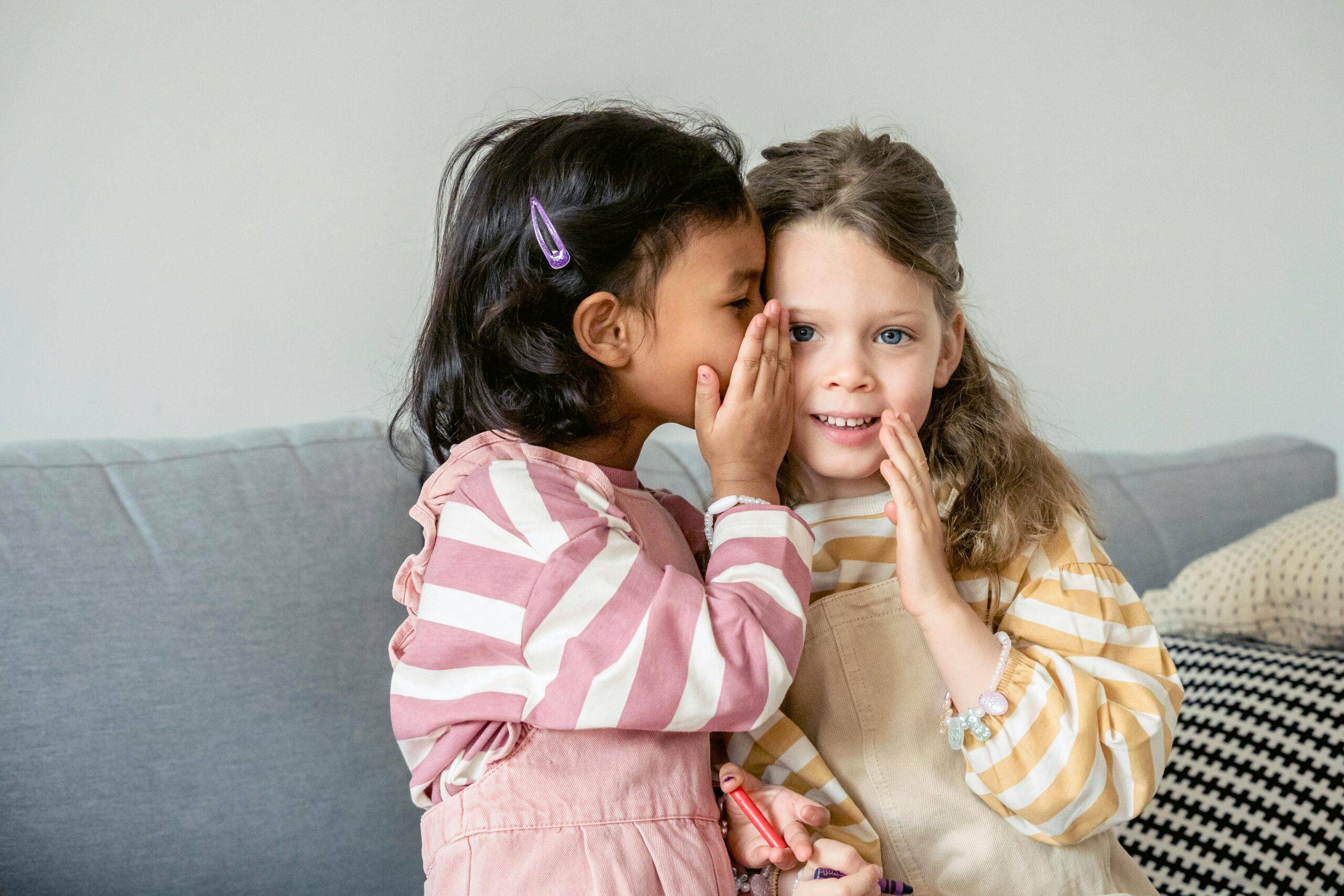🚨 Dehydration in Kids: The Silent Risk You Can’t Afford to Miss
One sunny afternoon, 6-year-old Ava was chasing bubbles in the backyard while her mom, Jasmine, sipped iced tea on the porch. Just an hour later, Ava was lying on the couch, pale, quiet, and not her bubbly self. Jasmine touched her forehead—warm. No tears. Her lips looked dry.
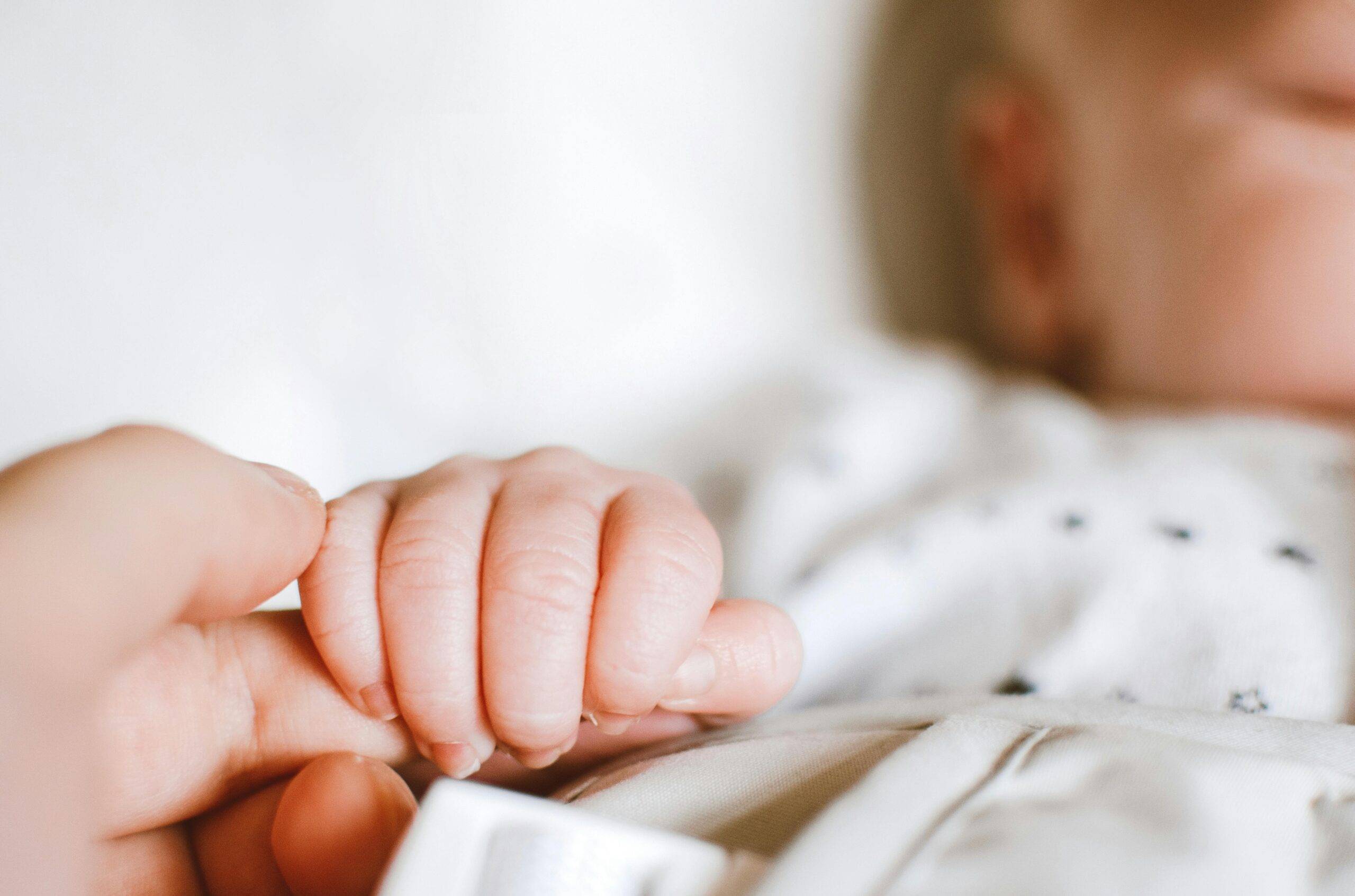
And that’s when she remembered: Ava hadn’t had water since breakfast. Dehydration can sneak up like that—quick, quiet, and serious. Kids are especially vulnerable. Their little bodies hold less water, and they lose it faster than adults.
Whether your kid is running around at recess, recovering from a tummy bug, or just refusing to drink water, dehydration can happen faster than you think. The good news? With the right knowledge and a little preparation, you can catch it early and act fast.
This guide will walk you through the signs, causes, prevention tips, and life-saving actions you need to protect your child—because even a little dehydration can become a big problem if it’s ignored. Let’s dive in and help your family stay safe, strong, and hydrated.
What is Dehydration in Children?
Dehydration happens when your child loses more fluids than they take in. Fluids include water and electrolytes (minerals that help their body work correctly). Kids need water for many reasons:
- Staying cool
- Acting normally (like playing, running, thinking)
- Digesting food
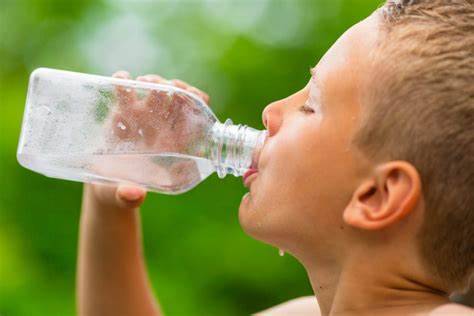
When they don’t get enough fluids, their body can’t perform these tasks effectively. That can cause her tummy to hurt, make her feel dizzy, or even make her heart race too fast.
Causes of Dehydration in Kids
- Not drinking enough water: Some kids are picky about drinks. They prefer soda, juice, or flavored drinks that don’t give them what they need. They might forget to drink water during playtime.
- Getting sick: Vomiting (throwing up) and diarrhea (loose stools) lead to big fluid and electrolyte losses. Your child can lose a lot in just one day. Sickness makes kids lose interest in eating or drinking normally.
“Diarrhea can cause a child to lose water just like sweating” – Omega Pediatrics
- Hot weather and exercise: On hot days or during sports, kids sweat and breathe out more water. If they don’t drink extra fluids, they can end up dehydrated fast.
- Fever: When your child has a fever, their body acts like it’s overheating. They sweat more and breathe faster, which also uses up water.
Common Signs of Dehydration
Here’s a list to help you spot it early:
- Dry mouth and lips: They look chapped or sticky.
- Fewer wet diapers: Babies pee less. Kids may go 6–8 hours without a pee.
- Dark urine: If pee is yellow or orange, it means they need more water.
- Tearless crying: If they cry and no tears come out, that’s a red flag.
- Sunken eyes or soft spot: On a baby’s head, the soft spot might dip. Their eyes might look hollow.
- Tiredness or crankiness: They seem grumpy, slow, or just not themselves.
- Fast heartbeat or breathing: Their body is working hard to keep them going.
- Feeling dizzy, lightheaded, or having headaches.
- Dry diapers for babies, not moistened like normal.
10 Signs You Can’t Ignore
- Dry mouth
- No tears when crying
- No wet diapers (for babies)
- Pee is dark yellow or amber
- Lethargy or irritability
- Sunken soft spot in babies
- Sunken eyes or dark circles
- Fast breathing or high pulse
- Dizziness or fainting
- Cold sweats or fever
Dehydration Severity Levels
Mild Dehydration
- Symptoms: Thirst, dry lips, mild tiredness.
- Solution: Offer water, breast milk, or sips of Oral Rehydration Solution (ORS). Keep an eye on them.
Moderate Dehydration
- Symptoms: No tears, sunken eyes, fewer wet diapers, crankiness.
- Solution: Give small, frequent sips of ORS (½ to 1 oz every few minutes). Avoid sugary drinks or soda. Monitor until symptoms improve.
Severe Dehydration
- Symptoms: Fast heartbeat or breathing, confusion, limp fatigue, very little or no pee, sunken soft spot in babies, and cold hands/feet.
- Solution: This is an emergency. Call 911 or head to the ER right away.
Oral Rehydration Solutions (ORS)
ORS is better than plain water when a child loses fluids from vomiting, diarrhea, or heat. It restores both fluids and salts they’ve lost.
Why ORS Works
ORS has the right balance of salt, sugar, and water. This combo helps their body absorb water faster.
“Oral rehydration solution is proven to reduce recovery time in children with diarrhea.” – Omegapediatrics expert advice
Choosing an ORS
- Store-bought ORS packets like Pedialyte or CeraLyte.
- Homemade recipe: 1 liter (about 34 oz) clean water, ½ tsp salt, and 6 tsp sugar. Mix and give in small sips.
How to Give ORS
- Offer often in small amounts: 1–2 tablespoons (15–30 mL) every few minutes.
- For babies, mix with breast milk or formula.
- Kids aged 1–5 years: ½ cup (4 oz) every 30 minutes after vomiting or diarrhea.
- Older kids can drink 1–2 cups (8–16 oz) each hour as tolerated.
When to Call the Pediatrician or Go to the ER
If your child shows any of the below, seek help immediately:
- Very few wet diapers (less than 3 in 24 hours for older kids, none at all for babies)
- No more tears when crying
- Extreme sleepiness or confusion
- Fast heartbeat (over 160 bpm for babies, over 140 bpm for toddlers)
- Fast breathing (more than 60 breaths/minute for babies aged under 2)
- Sunken soft spot or eyes
- Dry, cool skin or low body temperature
- Ongoing vomiting or diarrhea lasting over 24 hours
- Bloody or black stool
- Signs of shock: pale, cold, or blotchy skin; weak pulse
These are red flag symptoms. Don’t wait—get help now.
Preventing Dehydration
- Keep Fluids Handy: Always have a water bottle or sip cup with your child. Younger kids love colorful bottles.
- Hydrating Foods: Some foods have lots of water. Watermelon, cucumbers, oranges, strawberries, and zucchini. Add these to snacks and meals.
- Offer Water Throughout the Day: Remind them often—especially after playground time, sports, or outdoor chores.
- Use ORS When Sick: At the first sign of vomiting or diarrhea, start ORS. Avoid fruit juice or soda—they may make diarrhea worse.
- Dress Smart on Hot Days: Loose, light clothing and hats help. Keep them in the shade.
Portable fan or a damp cloth on the head can cool them fast.
Common Myths About Dehydration
“Fruit juice is just as good as water.”
No. Juice has too much sugar and not enough electrolytes. Stick with water or ORS.
“My child’s not sweating, so they’re not dehydrated.”
Wrong! They can be dehydrated from fever, diarrhea, or vomiting without sweating much.
“If they feel better, they’re fully recovered.”
Maybe not. Symptoms can hide dehydration still. Keep giving fluids until all signs—like pee color and drinking habits—are back to normal.
How to Talk to Kids About Hydration
Make it fun and easy:
- Give them roles – “Let’s feed our body like we feed our pets.”
- Use colorful cups and straws
- Play “drink water” games – every 20 minutes on the playground.
- Reward charts – stickers or stars for finishing water.
Real-Life Examples
Example 1 – Emma’s Playground Afternoon
Emma was sweaty and skipping water. She started complaining of stomachache and got cranky. Her lips were dry, but still she didn’t want water. Mom got her a fun fruit-infused water bottle, and slowly she drank. Within an hour she was smiling and running again.
Example 2 – Ben’s Diarrhea Day
Ben had diarrhea from a stomach bug. They started him on homemade ORS (1 L water, ½ tsp salt, 6 tsp sugar). They gave him 1 oz every 20 minutes. By evening, his pee was light yellow and he was back to playing with his toy cars.
Behind the Science (Explained Simply)
- Water is vital—used in digestion, energy, and keeping cool.
- Electrolytes (like sodium, potassium) balance fluids in your cells.
- ORS formula helps water and electrolytes move faster into their bloodstream.
- Without enough water, the body can’t send nutrients where they need to go (like muscles, brain), so kids may feel tired, dizzy, or have headaches.
FAQs
Q: How much water should my child drink per day?
A: Rough guideline:
- Toddlers (1–3 yrs.): 4 cups
- Preschool (4–8 yrs): 5 cups
- Older kids (9–13 yrs): 7–8 cups (these vary by size, activity, and weather).
Q: Is milk or juice good enough?
A: Milk has some water and nutrients, but doesn’t hydrate as fast as water. Juice adds sugar—opt for plain water or diluted juice.
Q: Can electrolyte tablets work?
A: Yes, if designed for kids (low sugar, no caffeine). Check instructions and ask a pediatrician if unsure.
Q: What about sports drinks?
A: Most sports drinks are high in sugar and not made for little kids. Only use if your child is very active or sweating a lot—still dilute them.
Checklist: What to Do When You Suspect Dehydration
- Check Pee Color: Light = good, dark = needs more fluid.
- Count Wet Diapers / Bathroom Visits.
- Look for Dry Mouth, Lips, Eyes, emotion changes.
- Start Water or ORS: Small sips every few minutes.
- Reassess in 1 Hour: Pee color, number of pees, mood, energy.
- Call Doctor if: Severe symptoms appear.
- Prevent in the Future: Keep water close, use fun bottles, include fruits, dress right for hot days.
Stay Ahead of Dehydration
- Kids lose water fast—they’re small and active.
- Know the signs: dry mouth, no tears, dark pee, crankiness.
- Keep fluids near—water, ORS, fruit water, veggies.
- When sick or hot, give ORS early and often.
- When symptoms look serious—like sunken eyes or confusion—don’t wait: call the doctor or go to the ER.
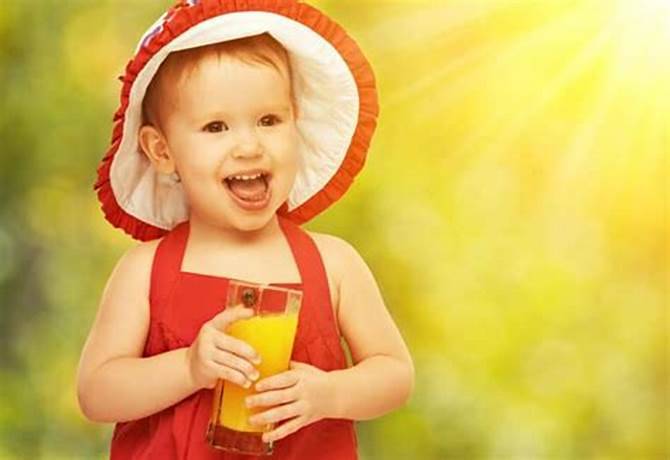
By being prepared, you can help your child stay hydrated, happy, and healthy—even on hot days or when they’re not feeling well. A little care goes a long way!
When in doubt, Omega Pediatrics is always here to guide you with expert, caring advice—one sip at a time.

